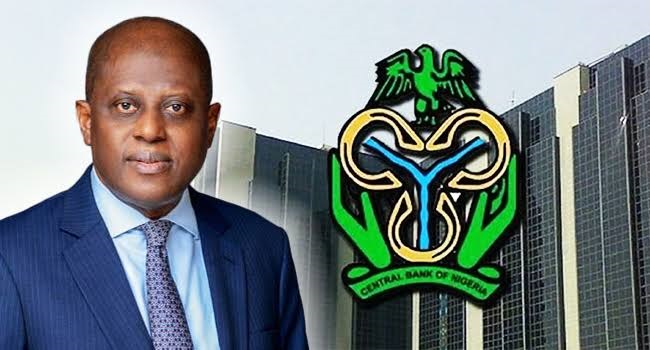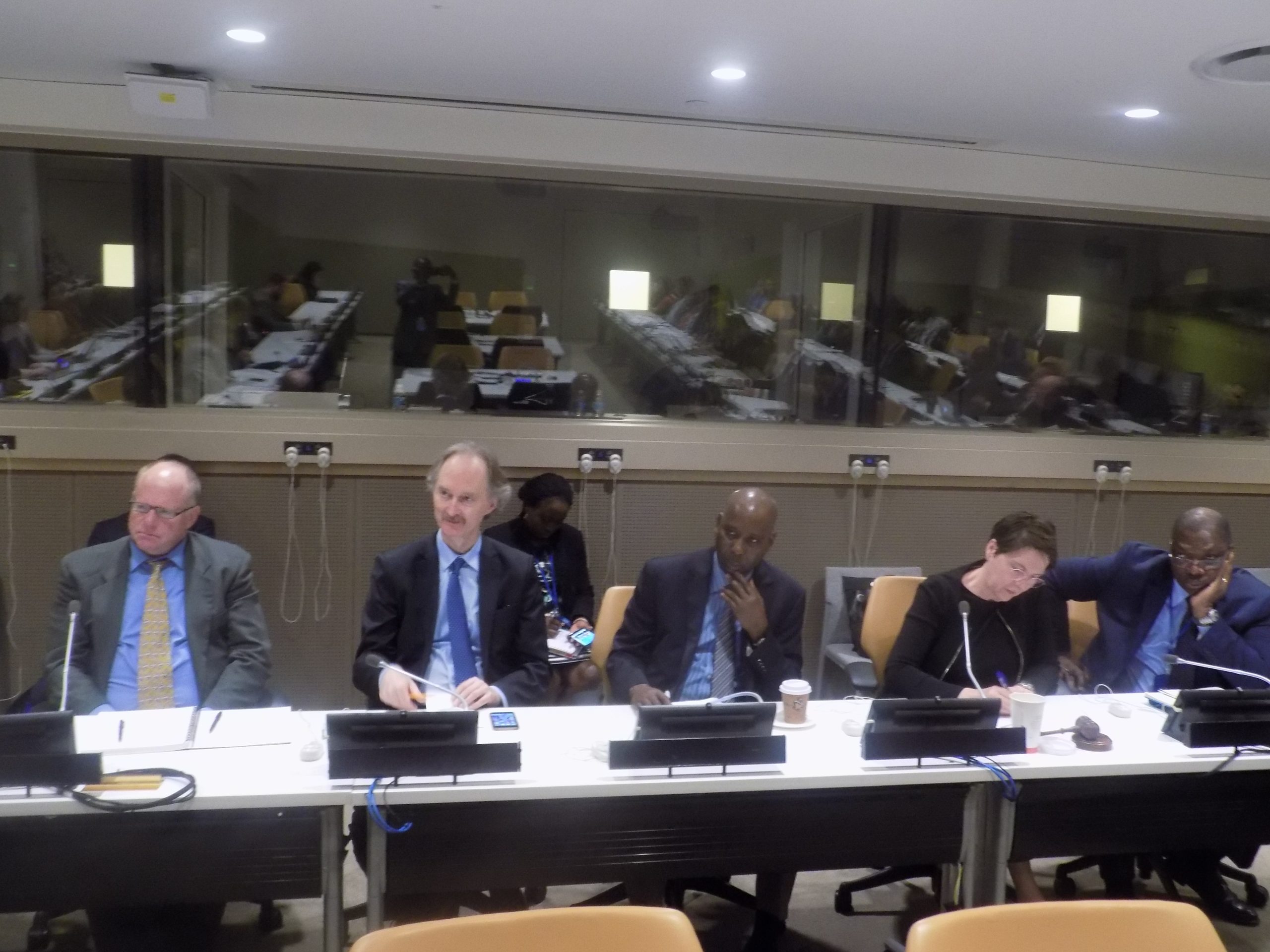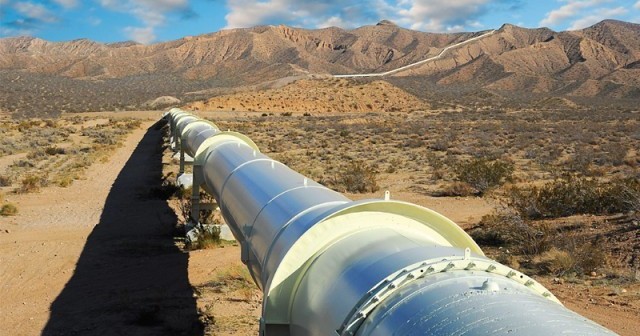The Nigerian Midstream and Downstream Petroleum Regulatory Authority (NMDPRA) has raised the alarm over the potential threat posed to Nigeria’s oil revenue by renewed protectionist policies rolled out by United States President Donald Trump.
NMDPRA Chief Executive Officer, Farouk Ahmed, who addressed journalists at the State House on Tuesday, said Trump’s aggressive tariff regime targeting major global economies has triggered instability in the international crude oil market, pushing prices downward and eroding investor confidence.
Ahmed warned that the ripple effects of these policies are already being felt in oil-dependent countries like Nigeria, which relies on crude oil exports for nearly 90% of its foreign exchange earnings and a significant portion of government revenue.
“The global oil market today is reacting sharply to the erratic tariffing policies of the new American government,” he said. “These tariffs are not only aimed at China but are sweeping across multiple countries and regions. They are unsettling the balance of demand and supply, particularly in the energy sector.”
According to him, the unpredictability surrounding Washington’s economic direction is forcing traders into short-term strategies, with many now engaging in daily trading to avoid losses from abrupt policy reversals.
“We’re seeing traders close out by the end of each day because they’re unsure what tomorrow’s news from the U.S. will bring,” he said. “This isn’t healthy for the global market.”
Ahmed added that the Trump administration appears to be intentionally pushing for lower oil prices—possibly below the $50 per barrel mark—through a combination of increased domestic drilling and trade pressures on global suppliers.
“There is clearly a policy direction from the U.S. President to push crude oil prices down,” he said. “Part of that includes encouraging massive domestic exploration and placing pressure on international suppliers through tariffs and trade negotiations.”
This, he said, poses serious fiscal risks to Nigeria, especially as the 2025 national budget is benchmarked on a projected oil price of $74 per barrel.
In a related development, Ahmed also revealed that Nigeria’s average daily petrol consumption has dropped significantly since the removal of petrol subsidies in 2023, adding another layer to the shifting dynamics in the country’s energy sector.
He said daily consumption fell from 66.9 million litres in May 2023 to 49.8 million litres as of April 2025—a reduction of 17.1 million litres.
“The high consumption prior to subsidy removal was driven by cheap prices, porous borders, and arbitrage opportunities,” he explained.
Between June and December 2023, daily consumption declined to 47.5 million litres. It rose slightly to 51.8 million litres between January and August 2024, but has since stabilized around 49.8 million litres.
The lowest daily consumption since the removal was recorded in September 2023 at 41.6 million litres, while the highest was 59.7 million litres in May 2024.
Ahmed attributed the drop to higher pump prices, exchange rate reforms, and reduced driving due to cost-of-living pressures.
He added that the decline has allowed the government to reallocate funds previously spent on fuel subsidies to other sectors of the economy.
“These developments underscore the urgent need for strategic planning and global cooperation, especially as countries like Nigeria face both internal reforms and external shocks,” he said.
Ahmed urged global powers to show restraint and coordination in economic policymaking to avoid destabilising global energy markets and hurting vulnerable economies.
On refining operations, he explained that six licensed private and four public refineries currently produce 1.12 million barresls per day.
Six licensed private plants account for 679,500 bpd of the total. The Dangote single‑train complex refines 650,000 bpd.
Other modular sites include Aradel (11,000 bpd), OPAC (10,000 bpd) and Waltersmith (5,000 bpd), Duport Midstream Limited (2,500 bpd) and Edo Refining and Petrochemicals Company Limited (1000 bpd).
State‑owned facilities add 445,000 bpd. The refurbished Port Harcourt complex (150,000 bpd), Warri (125,000 bpd), Kaduna (110,000 bpd) and the old Port Harcourt unit (60,000 bpd) make up the Nigerian National Petroleum Company Limited’s share.
The NMDPRA said it has issued 47 Licences to Establish covering 1.75 million bpd and 30 Licences to Construct for 1.23 million bpd. Only four plants currently hold Licenses to Operate, and these together have a 27,000 bpd in steady output.
Ahmed said five LTC projects with a combined capacity of 689,500 bpd are at the commissioning or construction stage, including Dangote with 650,000 bpsd. Smaller builds include AIPCC Energy’s 30,000 bpd plant and Waltersmith’s 5,000 bpd second train.





